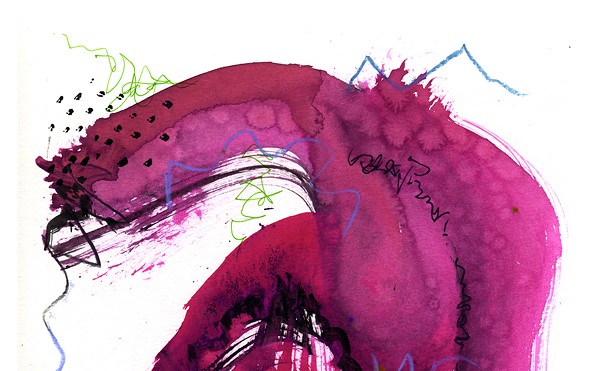End of Watch by Stephen King (Scribner; 448 pgs., $30)
C’mon, admit it: Ever since Stephen King became the undisputed master at externalizing our mundane, universal and closely held fears, weren’t you curious about how he’d handle old age? For decades he’s zoomed us all in close to consider mortality, but now he’s reached a stage where there isn’t quite so much of a remove from the inevitable. Here’s the good news: He’s not become so curmudgeonly that he can’t give us a gripping, realistic trip through the minds of teens.
It’s not so good for the teens themselves, though: In his latest tale, they’re being carefully cajoled toward suicide.
The brand-new novel by the world’s greatest writer of horror and thrillers is brimming with themes that are considerable, but not ponderous. In these pages, nobody waxes philosophical, and yet we watch vulnerabilities rise up in the backwaters of personal histories, of rigid institutions, and of relationships that become ripe for exploitation. Mistakes in the past, plus the betrayals of aging or injured bodies, chart a course where time and happenstance may not be a constant foe, but the shadows seem to grow longer and are slower to retreat.
Our primary hero is a retired cop, trudging as gently as he can through what may be dwindling days. That makes an odd parallel to a brain-damaged villain who may be regaining dreadful capabilities — even if he can’t physically get farther than a shuffle to his hospital room door.
The detective and the psychopath are Bill Hodges and Brady Hartsfield, respectively. Both of these combatants from the Edgar-winning “Mr. Mercedes” are back for what amounts to another heavyweight match (though Bill’s losing weight, and Brady’s muscles have atrophied).
Sequel-itis shows up here — at first, readers unfamiliar with the returning characters will be slightly flummoxed, as the author prioritizes on a slam-bang (flashback) take-off; then, later he inserts some expository backfilling, and momentum gets a bit gummed. But King accepts the compromise because, generous spirit that he is, he wants even the slowest-to-catch-on readers to be able to keep up. He also manages well with an evil scheme that requires much of the book’s mid-section to become clear. This mix of low and high tech, touching upon the psychology of people alone and in groups, and riding along on cheap-garage connectivity, may make you want to look twice at the latest hybrid infotainments. Somewhere near an intersection of video-game design, blogging and subliminal advertising, Brady’s concocted a real eyeball-grabber — and Bill Hodges has to leave his own medical care behind to make sure it doesn’t go viral.
The protagonist and antagonist are, in one perspective, the slowest-moving elements here. Hodges has friends on and off the force, and they research, analyze and defend under his paternal guidance. Hartsfield, alternatively, moves souls to action through novel — possibly even supernatural — forms of blackmail … and internet trolling. The character arcs here are akin to closing episodes of a TV series, where it’s practically a pilot for another series, with a next generation taking over the major functions. Except Brady Hartsfield wants his next generation to embrace the ultimate in self-destruction.
Stephen King will be speaking at Iroquois Amphitheater on Sunday, June 12, at 7 p.m. It sold out ages ago — but if availability changes as the date approaches, the event sponsor who’d know is Carmichael’s Bookstore (896-6950).







